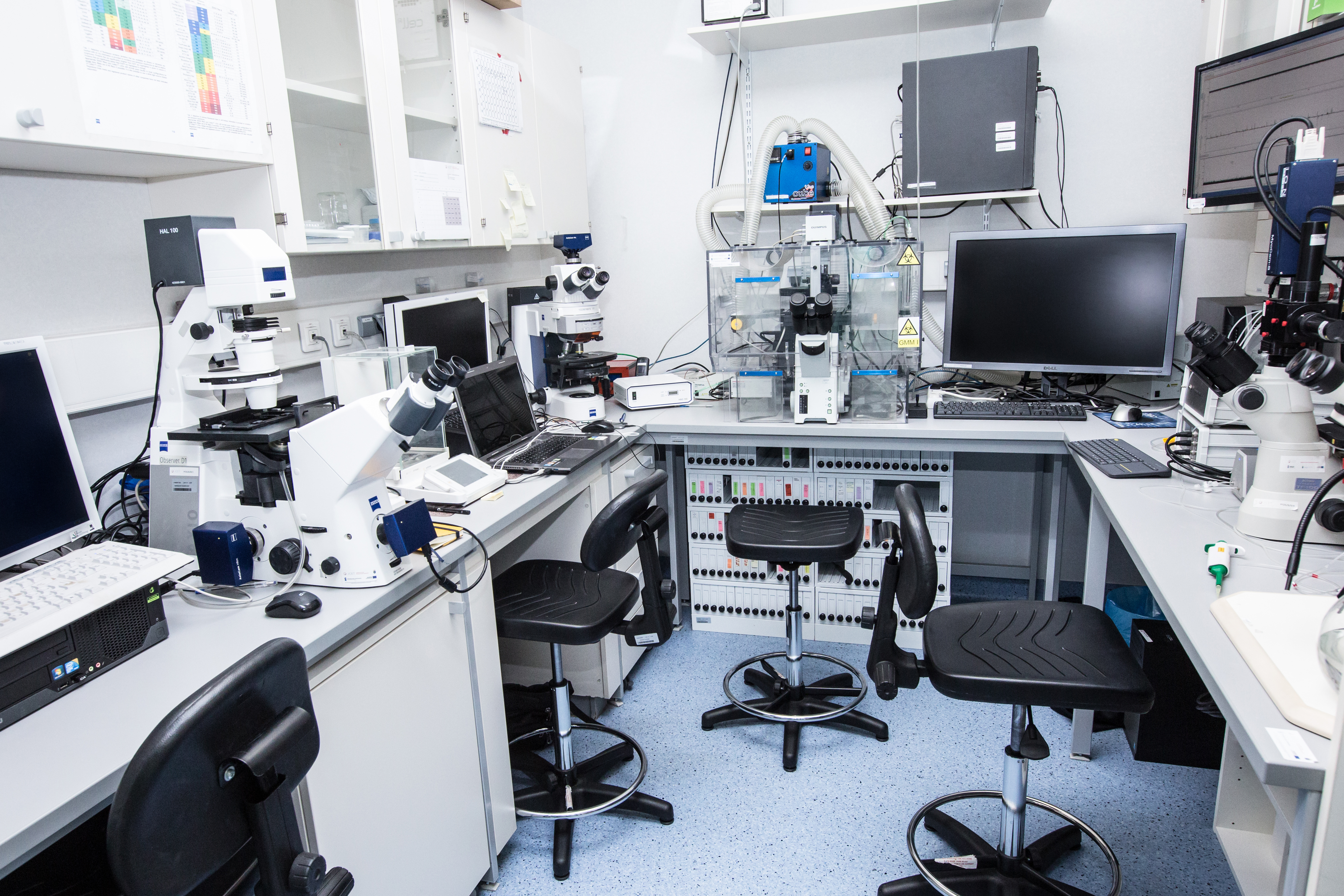Konwersatoria odbywają się o godz. 16:30 poprzez aplikację Webex (recording, privacy) i prowadzone są w języku angielskim.
Aby otrzymywać informacje o comiesięcznych konwersatoriach zarejestruj się pod linkiem.
Kontakt:
Maksymilian Szymczak
 Widok zawartości stron
Widok zawartości stron
Widok zawartości stron
Widok zawartości stron
 Widok zawartości stron
Widok zawartości stron
Widok zawartości stron
Widok zawartości stron
 Widok zawartości stron
Widok zawartości stron
Widok zawartości stron
Widok zawartości stron
Konwersatoria odbywają się o godz. 16:30 poprzez aplikację Webex (recording, privacy) i prowadzone są w języku angielskim.
Aby otrzymywać informacje o comiesięcznych konwersatoriach zarejestruj się pod linkiem.
Kontakt:
Maksymilian Szymczak
 Widok zawartości stron
Widok zawartości stron
Widok zawartości stron
Widok zawartości stron
Pregnancies obtained by assisted reproduction technologies (ART) and at advanced maternal age (AMA) are characterised by low implantation success and foetal growth alternations on the placenta-brain axis. ART and AMA pregnancies are at higher risk of neurodevelopmental alternations. Low implantation success is associated with deficient embryo-maternal communication i.e. deficient secretion of membrane vesicles, called exosomes (Arena at al., PNAS, 2021). Bioactive phospholipids has been previously implicated in early stages of implantation (Ye et al., 2005, Nature). Some of them were found to be critical for implantation (Song et al., 2002, Development). Altogether, it suggests that the preimplantation abundance of exosomes secretion ensures normal implantation and pregnancy progression, while their deficiency cause low implantation success, developmental alterations on placenta-brain axis, and postnatally, neurodevelopmental disorders. The hypothesis of this project is that the addition of exosomes before implantation (in utero) prevents the occurrence of neurodevelopmental alternations of the progeny at high risk. This project aims to increase the implantation success and the neurodevelopmental health of offspring by increasing the abundance of lipid vesicles in the mouse uterus before implantation.
Schedule of the competition:
In the event of the persons referred to in Article 186, section 2 of the Act,
Any document submitted in a language other than Polish or English must be accompanied by a certified translation into Polish or English.
Higher education diplomas awarded abroad should:
Any document submitted in a language other than Polish or English must be accompanied by a certified translation into Polish or English.
Each doctoral student, including a foreigner, admitted to the doctoral school is obligatorily subject to health insurance if he/she is not covered by such insurance on other grounds (e.g. employment relationship, contract of mandate, business activity, insured as a family member under 26 years of age, as the spouse of an insured person). The health insurance contribution is paid by Jagiellonian University and is financed from the State budget. In addition, a doctoral student receiving a doctoral scholarship is subject to compulsory retirement and disability insurance and accident insurance.
A person admitted to the doctoral school begins education and acquires doctoral student rights upon taking the oath. The Department of Personal Affairs reports each doctoral student admitted to the School to compulsory health and social insurance at the commencement of education, i.e. from 1 October at the earliest. Until that time foreign candidates are obliged to cover the costs of insurance for the time of travel, treatment, etc. individually.


